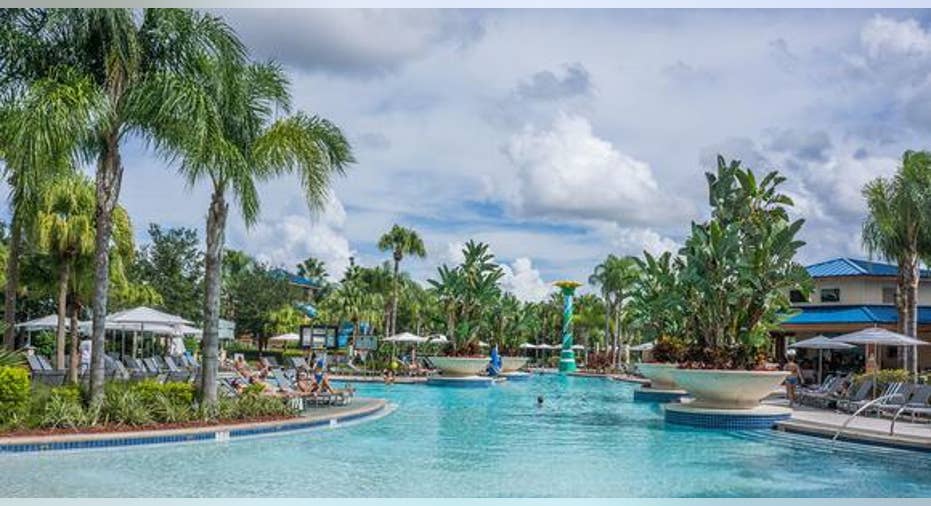Tips for Retirement 'Snowbird' Wannabes

Most of us spend a lifetime dreaming of our “golden years,” the time when you can get up in the morning and do just what you want to do all day long. For many Baby Boomers the ideal retirement might involve not just saying goodbye to the daily grind of working, but the opportunity to spend your winters some place where the sun shines all year long. Those Boomers wanting to avoid winters in retirement are often called “snowbirds.”
If you are serious about moving “south” for the winter, or relocating to a warmer climate on a permanent basis, you will want to do your research to find a place that fits your lifestyle, hobbies and retirement ideals.
Joe Heider, ChFC, financial advisor and president of Cirrus Wealth Management in Cleveland, OH discussed with FOXBusiness.com a few things for snowbirds to consider before making the move. Here is what you need to know:
Boomer: How can I determine if owning a vacation home is for me?
Heider: Deciding to purchase a second home can be both exhilarating and a bit frightening. Ultimately, someone needs to ask themselves, “Realistically, how much time will I be able to spend at a vacation home?” The decision should be based on lifestyle, not motivated as an investment decision.
Boomer: How is a primary residence determined from a tax perspective for residents of more than one state?
Heider: The rules on determining residence for state tax purposes varies from state to state. In general, the number of days is generally greater than 180 days in the state that the tax payer chooses to declare as their residence state. However, once again this varies from state to state and these rules can be a bit complicated. Any individual who is planning to utilize a possible change of residency, as part of their decision should consult a tax professional.
Boomer: What can get overlooked when planning to purchase a second home in warmer pastures?
Heider: It is important for anyone contemplating the purchase of a second home to be realistic about the true cost of resort property ownership. The same unforeseen expenses that pop up on a primary residence ownership occur on a second home as well. Except that your second home will be some distance away, so when unforeseen problems crop up you will be dealing with third parties to help remediate the problem. Furthermore, most second home purchases are in areas prone to severe weather such as coastal properties where hurricanes occur or mountain properties which are subjected to extreme climates.
Boomer: Does part time residency have an effect on income tax returns?
Heider: Owning a second home without changing residency offers the opportunity for mortgage interest and property tax deductions. If the second home is rented out this can offer an opportunity to offset expenses and produce deductions as an investment property.
Boomer: What are the advantages of a time share for Baby Boomers as compared to purchasing real estate?
Heider: Time shares generally represent a much smaller investment, professional management and predictable annual outlays for budgeting purchases. Most time shares offer greater flexibility in that the sponsor in most cases has properties throughout the United States and potentially beyond. Therefore, the owner of a time share may elect to exchange their properties a lot of times to be utilized in other resorts. As in any decision, a time share may be a better option for individuals who have limited number of weeks per year to stay in their second home. On the other hand, for individuals who are looking to spend a month or more in a selected location, the purchase of a home may be a better way to go. Ultimately, the decision should be driven by realistic financial ability and the time available to spend at their second home, whether it be a time share or direct ownership.



















